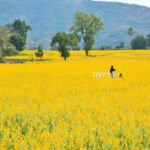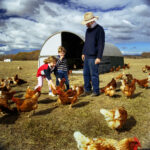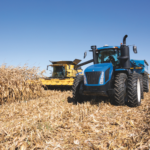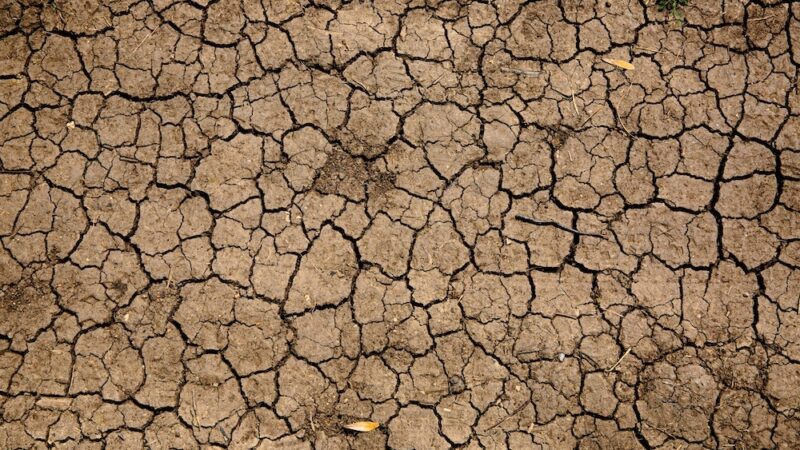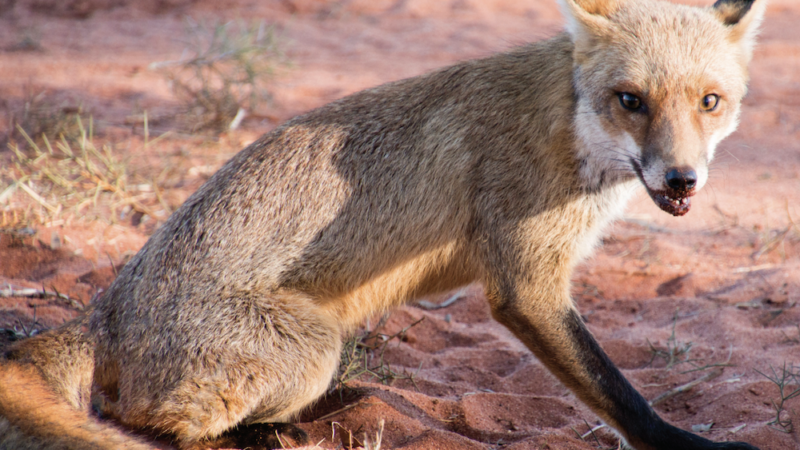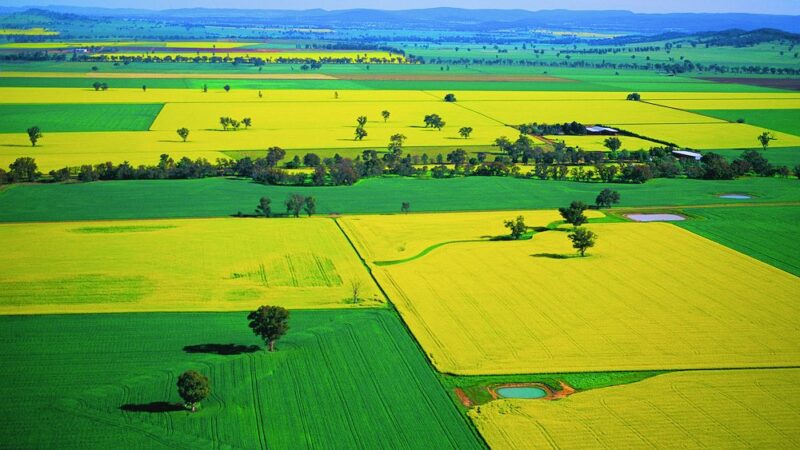The flower of a sunn hemp plant Rapidly growing interest in the biodegradable, drought-resistant sunn…
Farmers should address pest control costs
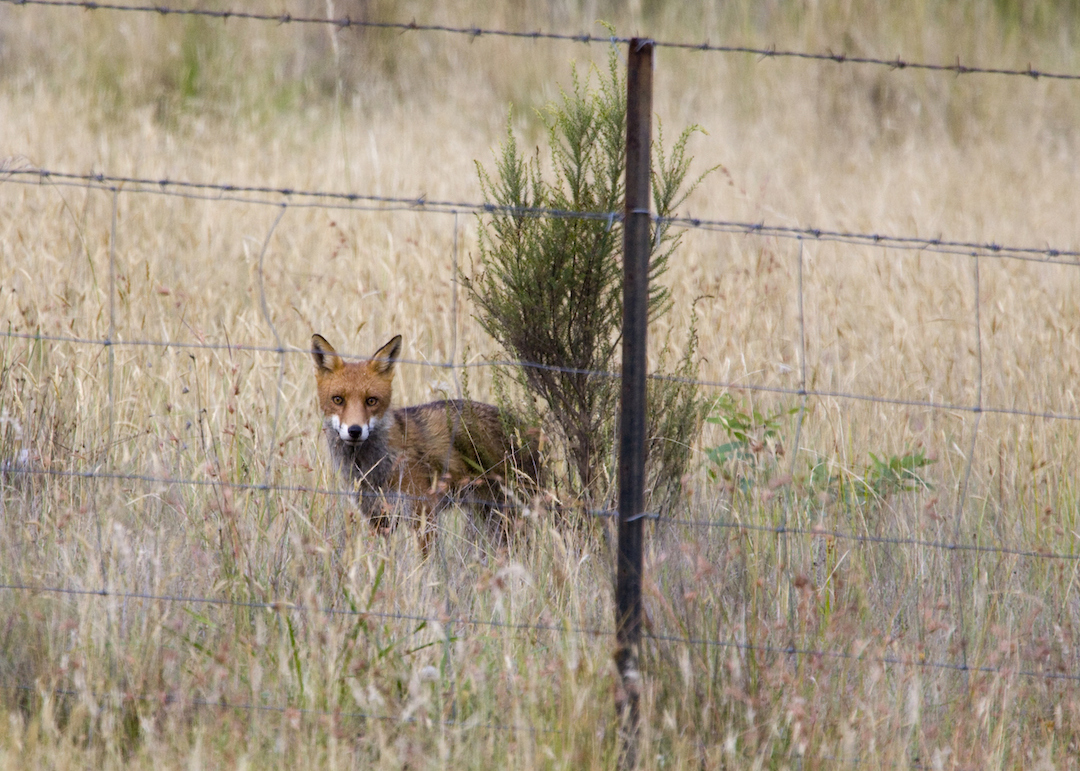
Farmers are being urged to lodge submissions with the Natural Resources Commission as it conducts a review of invasive species.
NSW Premier Chris Minns this week requested that the Commission review the priority risks and impacts of invasive species in NSW, including the effectiveness of current management strategies.
This will help to inform the state government of key opportunities to better manage invasive species, supported by the best available evidence.
Pests and weeds cause over $25 billion in damage to agriculture and biodiversity each year nationally, of which NSW bears a large proportion. Over 70 percent of NSW�s threatened species and endangered ecological communities are also impacted by invasive species.
It�s an incredibly timely review as the Australian Bureau of Agricultural and Resource Economics and Sciences (ABARES) recently released alarming figures highlighting the rising cost of pest control.
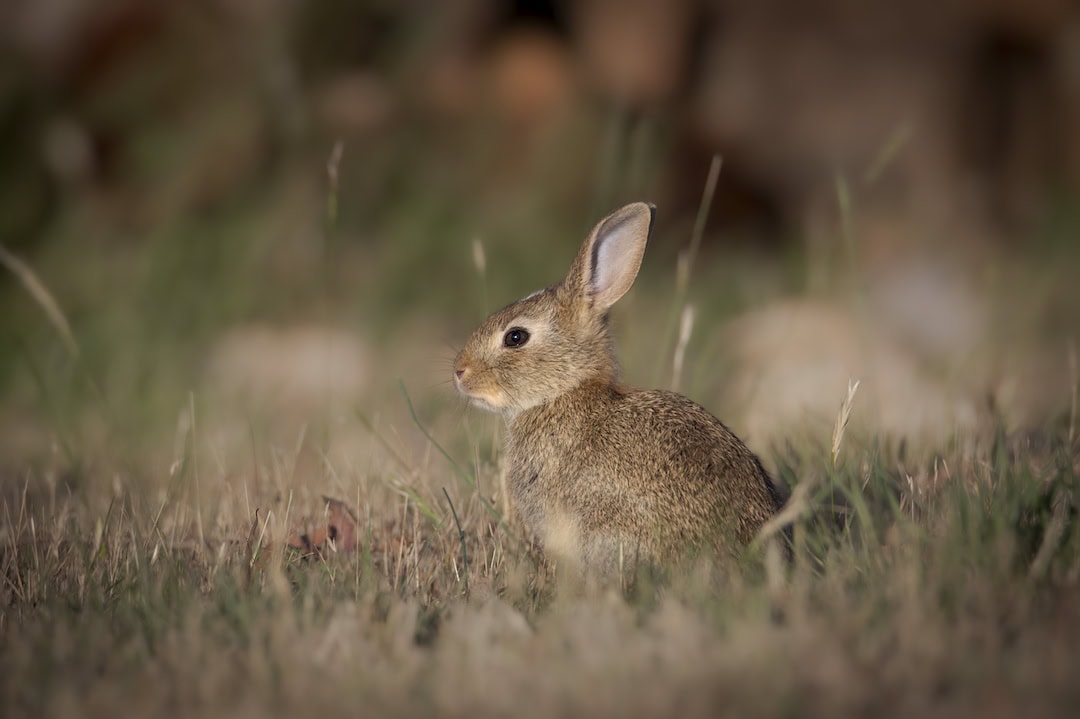
The ABARES survey of pests and weed management shows 85 percent of land holders spent an average of $21,950 in 2022 on pest and weed species management; an increase of more than $6000 on the previous year.
Executive Director of ABARES Dr Jared Greenville claims the results of the survey demonstrates that the level of commitment required by land managers to control pests and weeds is increasing.
�Land managers reported that feral animals continue to cause considerable impacts on their properties in 2022,� Dr Greenville says.
�The survey showed 89 percent of land managers reported problems due to feral animals in 2022, up from 85 percent in 2019. Foxes, rabbits, rats and mice were the most common species reported as causing problems.
�There have also been reports of feral animals that are new to properties or have increased in numbers, such as feral pigs and deer, that are causing damage.”
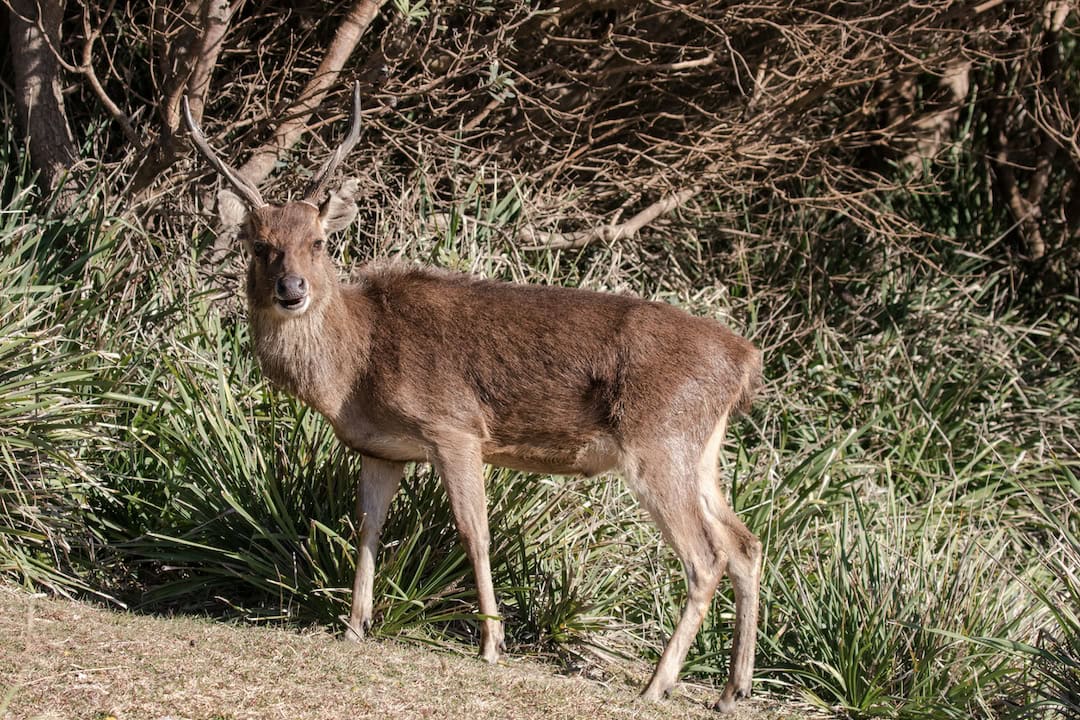
Craig Mitchell from the NSW Farmers Conservation and Resource Management committee said farmers need to be aware that the review is happening and act accordingly.
�It�s a significant opportunity for farmers to put the spotlight on their various challenges when it comes to invasive species. NSW Farmers will put together a submission but we want individual farmers to put in their own submissions too, so we have multiple submissions to contribute to the review,� Mr Mitchell says.
�The rising cost of pest control is directly attributable to the rising number of invasive species that farmers are dealing with. The reality is that, the worse the invasive species becomes, the more it will cost us to keep them under control. So we need to be working collaboratively with our neighbours in a bid to effectively reduce the number of these invasive species.�
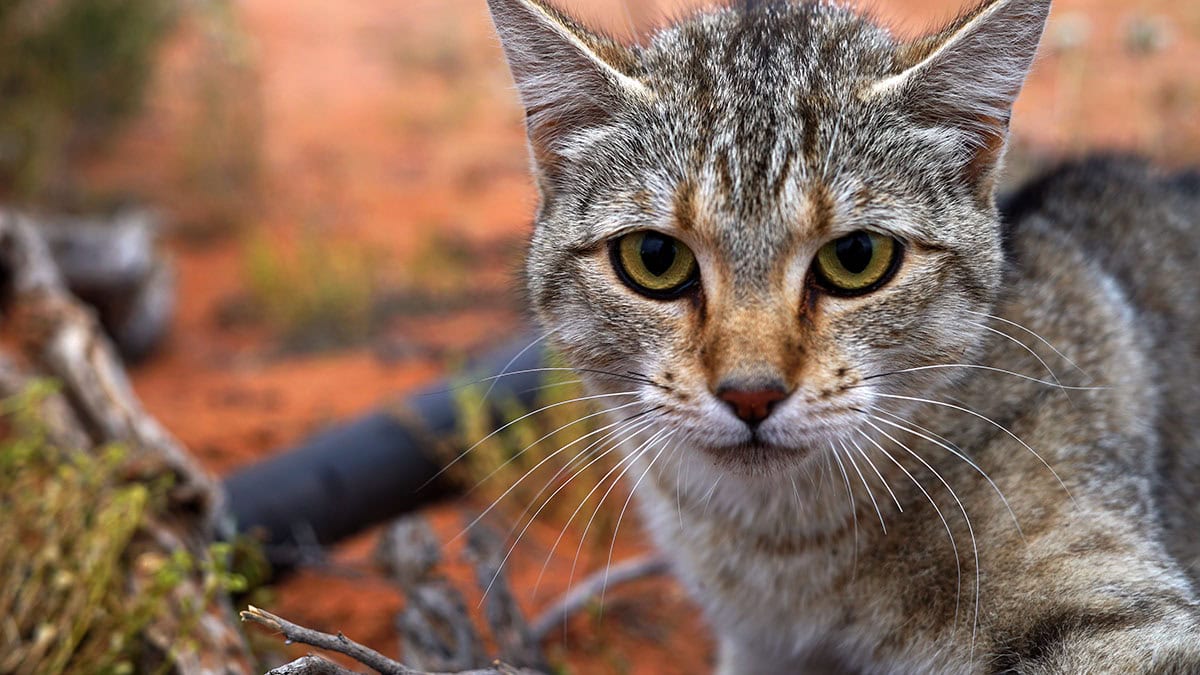
Mr Mitchell advises farmers to begin crucial talks with neighbours about pest control.
�You need to talk to your neighbours and set up a community group if you haven�t done so already. In my area (east of Cooma) we organised a community group to help with fire issues and, through that group we�ll be talking about invasive species and coming up with a plan about how we can work together to reduce the impact,� Mr Mitchell says.
�You can set up a community group through your local fire brigade or other contact groups. It�s important to make contact with your neighbours, share what you are doing in regards to invasive species and ask what they are doing. It�s crucial that you�re all on the same page.�
�Fox control programs have been successful and it�s a matter of getting everyone to do the same thing at the same time.�
Public submissions will be open for a period of four weeks, closing 5pm 31 October 2023. Further details on the public submissions process are available here: https://www.nsw.gov.au/have-your-say/nsw-invasive-species-management-review
The report will be delivered to the NSW Government in May 2024.


